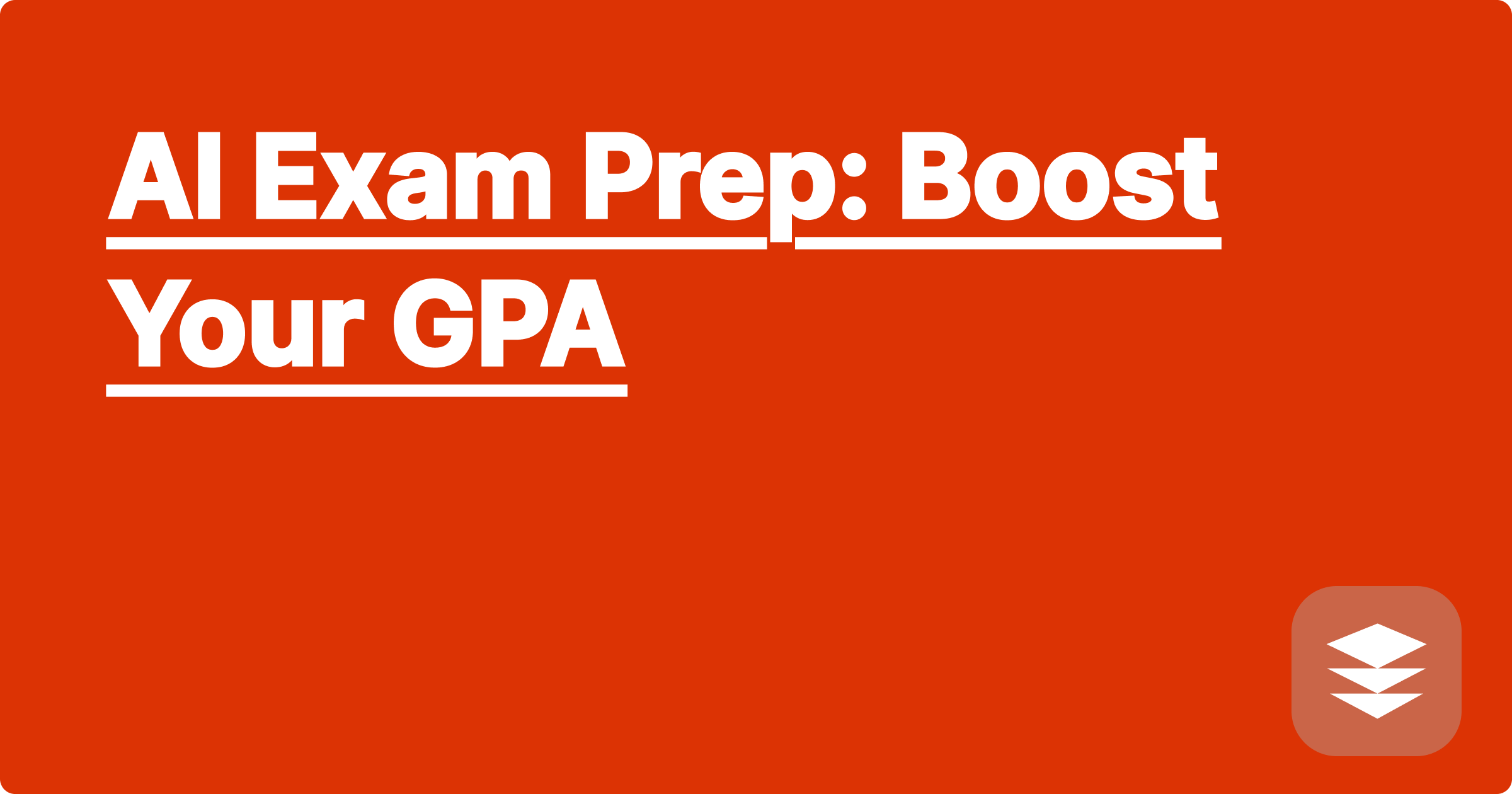
The demanding nature of STEM fields presents a unique challenge for students and researchers. Balancing complex coursework, rigorous research, and the pressure to maintain a high GPA can be overwhelming. Fortunately, the rise of artificial intelligence offers a powerful new toolkit to navigate these challenges and unlock academic potential. AI can be a transformative force in STEM education, providing personalized learning experiences, streamlining research processes, and ultimately boosting academic performance.
For STEM students and researchers, a high GPA is often crucial for future opportunities, including graduate school admissions, scholarships, and competitive job prospects. Mastering complex concepts and performing well on exams is essential for achieving this goal. AI-powered tools can provide personalized support, helping students grasp difficult material, practice problem-solving, and develop effective study strategies. This empowers students to not only improve their grades but also deepen their understanding of the subject matter.
STEM subjects often involve intricate concepts, dense theoretical frameworks, and demanding problem-solving exercises. Students frequently struggle with understanding complex formulas, applying theoretical knowledge to practical scenarios, and managing the sheer volume of information they encounter. Furthermore, traditional study methods can be inefficient and time-consuming, leaving students feeling overwhelmed and unprepared. In research, the challenges are equally demanding, requiring researchers to navigate vast amounts of literature, analyze complex datasets, and formulate innovative solutions. These challenges can hinder academic progress and create significant stress for both students and researchers.
AI tools like ChatGPT, Claude, and Wolfram Alpha offer innovative solutions to these challenges. ChatGPT and Claude, for instance, can be used to generate explanations of complex concepts, provide step-by-step solutions to practice problems, and even create personalized study guides. These AI assistants can act as virtual tutors, available 24/7 to answer questions and provide clarification on challenging topics. Wolfram Alpha excels in computational tasks, allowing students to quickly solve complex equations, visualize mathematical functions, and explore scientific data. By leveraging the power of these AI tools, STEM students and researchers can gain a significant advantage in their academic pursuits.
To effectively utilize AI for exam preparation, begin by identifying the specific areas where you need support. This might involve reviewing lecture notes, identifying challenging concepts, or analyzing past exam questions. Once you have identified your areas of focus, you can start engaging with AI tools like ChatGPT or Claude. For example, you can ask ChatGPT to explain a specific theorem, generate practice problems related to a particular concept, or even create a quiz to test your understanding. With Wolfram Alpha, you can input complex equations and receive step-by-step solutions, explore interactive visualizations of mathematical functions, or access a vast library of scientific data and formulas. By integrating these tools into your study routine, you can create a personalized learning experience tailored to your specific needs.
Consider a student struggling with the concept of partial derivatives in multivariable calculus. They could ask ChatGPT to "explain partial derivatives with an example" and receive a clear explanation along with a worked-out example problem. Alternatively, they could use Wolfram Alpha to visualize the graph of a multivariable function and explore its partial derivatives interactively. In another scenario, a physics student could ask Claude to generate practice problems related to projectile motion, providing them with ample opportunity to hone their problem-solving skills. For a research project involving data analysis, Wolfram Alpha can be invaluable for performing statistical calculations, generating plots, and exploring data trends. These are just a few examples of how AI tools can be practically applied to enhance STEM learning and research. Imagine needing to solve the integral of x^2 * cos(x) dx. Inputting this into Wolfram Alpha will provide not only the solution but also the step-by-step integration process, crucial for understanding the underlying concepts.
To maximize the benefits of AI in your academic pursuits, consider these strategies. First, be specific and precise in your prompts to the AI. Clearly articulate the concepts you need help with or the problems you want to solve. Second, actively engage with the AI's responses. Don't passively consume the information; instead, try to work through the examples, ask follow-up questions, and test your understanding. Third, integrate AI tools into your existing study workflow. Use them to supplement your lectures, textbooks, and other learning resources. Finally, remember that AI is a tool, not a replacement for hard work and dedication. Use it wisely to enhance your learning, but don't rely on it as a shortcut to success.
To conclude, AI offers a powerful set of tools for STEM students and researchers to overcome academic challenges and boost their GPA. By understanding the capabilities of AI platforms like ChatGPT, Claude, and Wolfram Alpha, and by implementing the strategies outlined above, students can transform their learning experience and achieve greater academic success. Start exploring these tools today and unlock your full academic potential. Explore the specific features of each platform and experiment with different ways of integrating them into your study routine. The future of learning is here, and AI is playing a transformative role in shaping it. Embrace these powerful tools and empower yourself to excel in the demanding world of STEM.
AI Homework Help: STEM Made Easy
Ace STEM Exams: AI Study Guide
AI for Lab Reports: Data Analysis
AI: Your Coding Homework Helper
AI Flashcards: Master STEM Concepts
AI Simulation: Engineering Projects
AI Math Solver: Conquer Calculus